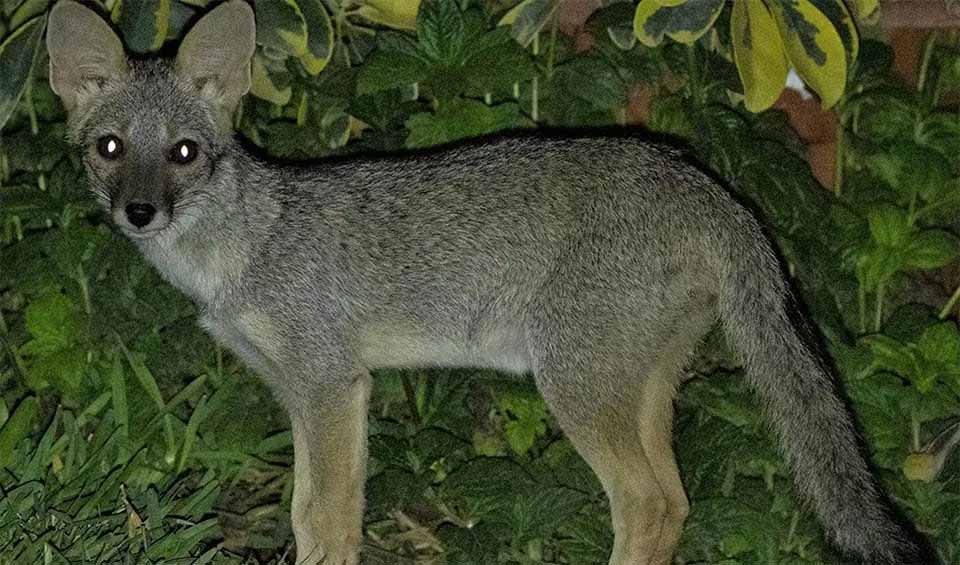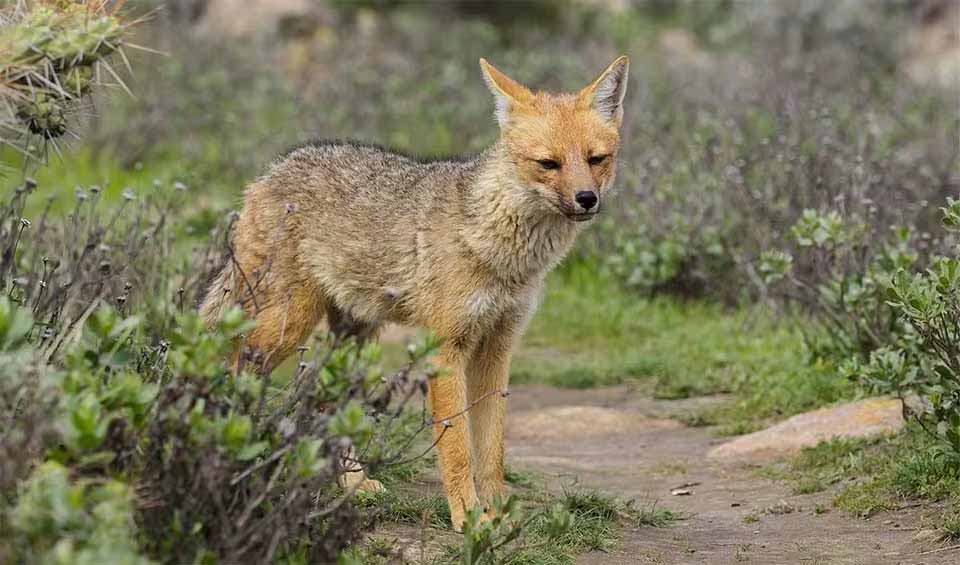Lycalopex – SA foxes
Despite their name they are more closely related to wolves than to true foxes
Despite their common name, these “false foxes” are not true foxes but share closer genetic ties to wolves and jackals. This distinction highlights the unique evolutionary path of South American foxes, which have adapted to a variety of ecological niches across the continent. Their solitary nature, except during the mating season, sets them apart from the more socially inclined members of the Canidae family, such as wolves.
South American foxes, including the well-known Culpeo fox (Lycalopex culpaeus), inhabit a diverse range of environments across South America. From the arid deserts and scrublands to the dense forests and high-altitude regions of the Andes, these adaptable canids have demonstrated a remarkable ability to thrive in varied conditions. Their habitat preferences vary significantly among species, reflecting the ecological versatility of the genus.
South American foxes are omnivorous, exhibiting opportunistic feeding habits that allow them to exploit a wide array of food sources. Their diet primarily consists of small mammals, birds, reptiles, and arthropods, supplemented by bird eggs, carrion, and fruits. This varied diet underscores their role as both predators and scavengers within their ecosystems, contributing to the control of prey populations and the removal of carrion.
Moreover, by consuming fruits and dispersing seeds through their feces, South American foxes play a vital role in seed dispersal, aiding in the regeneration and spread of various plant species. This ecological service is particularly important in maintaining the diversity and resilience of South American habitats.
While some Lycalopex species maintain stable populations, others face threats from habitat loss, human persecution, and competition with domestic dogs. The encroachment of agriculture and urban development into their natural habitats has led to habitat fragmentation, posing significant challenges to their survival. In some areas, South American foxes are hunted or poisoned due to perceived threats to livestock, further exacerbating their conservation challenges.
Species in this genus
Darwin’s fox
Surviving against all odds, this elusive fox is the ultimate master of survival in the harsh landscapes of Chile
Hoary Fox
Frosty, furry, and fabulous: Meet the Hoary fox – the silver fox of South America
Sechuran fox
With its sandy brown fur and bushy tail, it is a master of camouflage in its arid habitat, blending in seamlessly with the landscape
Culpeo
Discover the resourcefulness and adaptability of this cunning fox-like predator that’s mastered life in the rugged high-altitude terrain
Pampas fox
Small, sly, and swift – it may be pint-sized, but it packs a punch when it comes to survival in the grasslands





